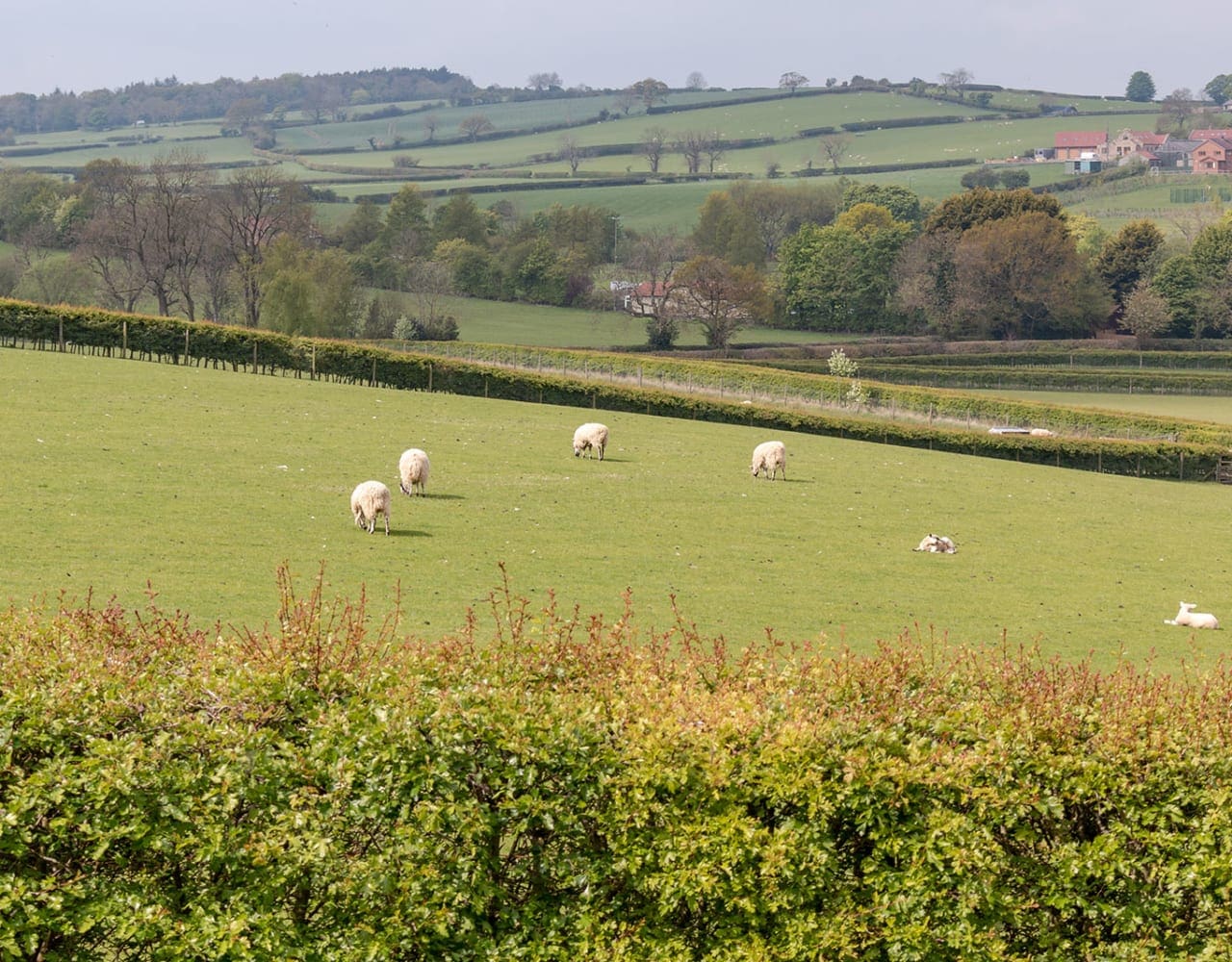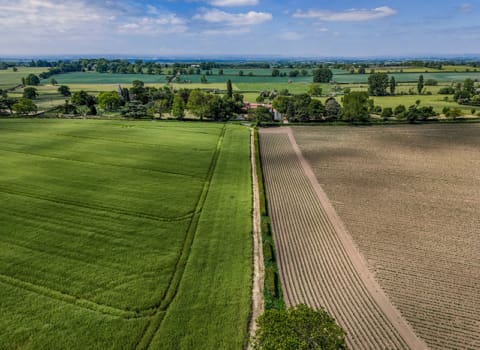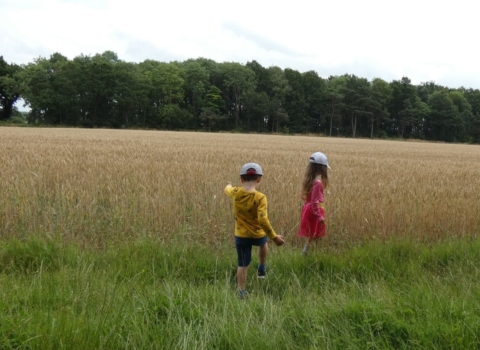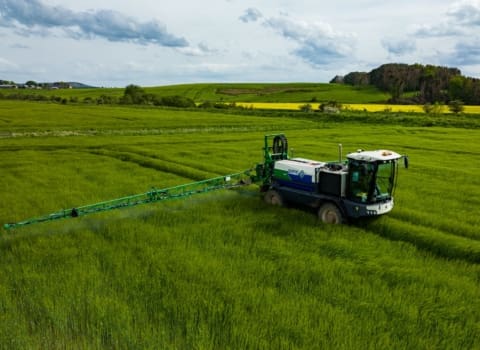Contact our offices
Main office
COLBURN
5 & 6 BAILEY COURT
COLBURN BUSINESS PARK
RICHMOND
NORTH YORKSHIRE
DL9 4QL
Estate Agency Offices are located in
BARNARD CASTLE, BOROUGHBRIDGE & RICHMOND
Residential Management Team
Our Offices
- Alnwick
01665 568310
Email Officealnwick@gscgrays.co.uk - Barnard Castle
01833 637000
Email Officebarnardcastle@gscgrays.co.uk - Boroughbridge
01423 590500
Email Officeboroughbridge@gscgrays.co.uk - Chester-Le-Street
0191 3039540
Email Officechester-le-street@gscgrays.co.uk - Colburn
01748 897630
Email Officecolburn@gscgrays.co.uk - Driffield
01377 337180
Email Officedriffield@gscgrays.co.uk - Hamsterley
01388 487000
Email Officehamsterley@gscgrays.co.uk - Hexham
01434 611565
Email Officehexham@gscgrays.co.uk - Kirkby Lonsdale
01524 880320
Email Officekirkbylonsdale@gscgrays.co.uk - Penrith
01768 597005
Email Officepenrith@gscgrays.co.uk

Government to cut administrative burden for farmers
The Government announced yesterday that farmers in England are set to benefit from a reduced administrative burden from 2021, with plans to end the need to comply with the EU-delivered greening requirements and begin the move towards the new Environmental Land Management scheme (ELMS), with the intention of delivering greater benefits for the environment.
Ali Gray, Rural Director commented “I think we can all agree this is an interesting, albeit relatively brief, announcement from George Eustace, which most farmers will welcome. In practice, we will need to wait for further details to understand exactly how it will affect management decisions on the ground. Our farming clients stretch from North Northumberland, down to the Yorkshire Wolds and beyond and the announcement will have varying degrees of impact dependent on their location and the type of farm.”
To obtain Direct Payments, farmers have to commit to the European Commission’s so-called greening requirements and carry out specified practices as well as declare land use on annual claim forms. The government plans to simplify the Basic Payment Scheme (BPS) and reduce red tape faced by farmers during the agricultural transition period. DEFRA assure us these changes will not affect the overall payment received by each farmer, save for the planned reductions in BPS that DEFRA have already confirmed for 2021 and that shall continue to be reduced in future years.
Ali added “The announcement suggests farmers will no longer have to comply with the three main functions within the greening requirements with effect from the 2021 scheme year, including:
• Crop Diversification on arable land (the 3 crop rule)
• Ecological Focus Areas on arable land
• % of Permanent grassland
Soil and water quality as well as reducing use of agrochemicals are now firmly on the agenda and many of our clients have already turned to more robust crop rotation strategies that support soils and combat weed and pest issues, wherever possible. As a consequence, crop diversification is not generally a challenge for most farms; other than the bureaucratic burden of gathering the cropping information and doing the necessary paperwork. That said, allowing more flexible rotation options for crop establishment this autumn, could tempt some to consider reverting to more efficient “block cropping” of farms. However, we don’t yet know what is around the corner in terms of the new Environmental Land Management Scheme (ELMS) and reverting to an old pattern might not be such a wise knee jerk reaction at this stage.
Following the 2020 cropping year, early seed sales indicate the area of Winter Wheat sown this autumn is likely to rise, especially if farmers are not be limited to 75% of their arable area in a single crop. Many farmers might be tempted to maximise this opportunity to recover some of the profits lost from Harvest 2020, which is understandable. However, how this impacts future years, needs to be considered to ensure they do not then enter a boom and bust cycle.
Conversely, some of our smaller mixed farms might not need to worry about the 30 ha arable cropping area threshold in order to be eligible for the greening exemption; if the further detail of DEFRA’s announcement confirms this position. This could provide an opportunity for them to increase their arable rotation.
Should EFA requirements be eradicated as the DEFRA announcement suggests, this will make it easier to manage existing Countryside Stewardship (CS) Schemes, which currently need to be kept separate from EFA declared areas, to avoid Double Funding rules. For farmers who are not currently in any of the environmental schemes, I would recommend that they wait to see further details from DEFRA. Once the implications of the removal of the greening requirements are fully understood, I would suggest they then consider if the farm can offer potential benefits under the current Countryside Stewardship Scheme or future ELMS, before simply returning their current greening areas to production. It is often the case that these areas support legislative requirements regarding water courses and assist with meeting cross compliance; a requirement that will undoubtedly continue.
In short, we now need to assess the detail behind this announcement. As is often the case, a broad DEFRA statement is usually followed by the less palatable detail. Here at GSC Grays, we will be strongly advising our clients to carefully consider the legislative and cross compliance requirements in relation to current schemes and future ELMS opportunities, before making any immediate adjustments on the back of this announcement.”
For further information on the Government announcement click here.










